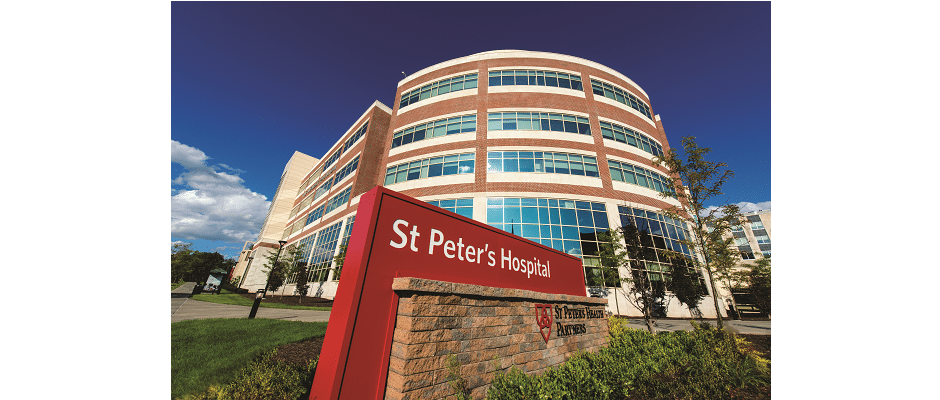
[This piece was written by Carla Barberis-Ryan, MHSA, MSN, RN, NE-BC, Director, Women’s & Children’s Services at St. Peter’s Hospital.]
Expectant moms know all about planning – from choosing a pediatrician to determining where you’ll deliver, to who will be with you offering support, it can feel like every day has a new decision to make! You have a lot on your mind, but one thing you may not have thought about is preterm labor.
According to the New York State Department of Health, one out of every 10 births is premature. Premature birth increases the chance the infant will have health complications or need care in the neonatal intensive care unit (NICU).
Going into preterm labor doesn’t necessarily mean that you’ll go on to give birth prematurely. Knowing the signs and symptoms of preterm labor can help you be prepared in case it does occur.
Preterm labor is when regular contractions result in the opening of your cervix before week 37 of pregnancy. Signs and symptoms of preterm labor include:
- Regular or frequent sensations of abdominal tightening (contractions)
- Constant low, dull backache
- Pelvic or lower abdominal pressure
- Mild abdominal cramps
- Vaginal spotting or light bleeding
- Preterm rupture of membranes
- A change in type of vaginal discharge — watery, mucus-like or bloody
If you experience these signs or symptoms or you’re concerned about what you’re feeling, contact your health care provider right away.
Preterm labor can occur in pregnant women with no known risk factors, but certain factors can increase your risk including:
- Previous preterm labor or premature birth
- Smoking cigarettes or using illicit drugs
- Some chronic conditions, such as high blood pressure and diabetes
- Unmanaged stress
- Periodontal disease (infections of the gums and teeth)
In addition to eliminating or reducing your risk factors for preterm labor, there’s much you can do to promote a healthy, full-term pregnancy:
- Seek regular prenatal care. Ask your doctor about preventative medications if you have a history of premature birth.
- Eat a healthy diet and maintain a healthy weight. If you have chronic conditions such as diabetes or high blood pressure, work with your physician to keep them under control.
- Take prenatal vitamins.
- If you smoke, now is the time to quit. Smoking cessation programs are available.
St. Peter’s Hospital, an affiliate of St. Peter’s Health Partners, last year was named as the first hospital in the Capital Region to earn the international “Baby-Friendly” designation. For more information on Baby Friendly USA, please visit: www.babyfriendlyusa.org
For information on delivering a baby at St. Peter’s Hospital, as well as information on placental donation, lactation support groups, breastfeeding classes, infant care, or parenting classes, please call (518) 525-1388 or visit http://www.sphcs.org/WomensHealth





